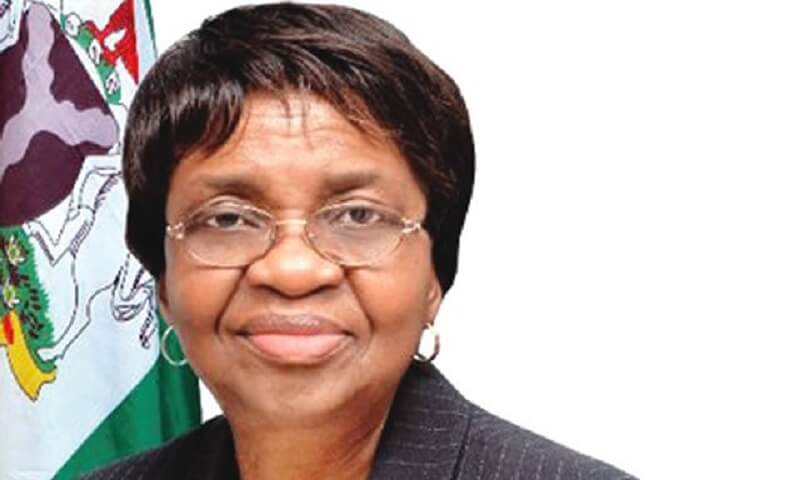SpaceX Secures $733 million Contract Award From US Space Force to Launch More National Security Missions
The U.S. Space Force’s Space Systems Command announced that Elon Musk’s SpaceX has been granted contracts for eight launches under the National Security Space Launch (NSSL) Phase 3 Lane 1 program.
The news was confirmed in a press release by Brig. Gen. Kristin Panzenhagen, the Space Force’s program executive officer for Assured Access to Space.
This deal, which was made public on Friday, October 18, 2024, puts SpaceX at the forefront of the US military’s space strategy and emphasises the company’s increasing reliance on it for important defence-related launches.
Earlier this summer, the Space Force announced that SpaceX, United Launch Alliance, and (somehow, even though they haven’t reached orbit yet) Blue Origin would be competing for launches under Lane 1.
The Space Force admitted at the time that there was a tiny pool of grantees, but it tried to make up for it by letting businesses submit yearly bids for Lane 1.
Later in 2024, there will be another chance to join Lane 1, which is projected to be worth $5.6 billion over five years.
Last year, this third cycle of contracts was divided into two lanes: Lane 1, which was designated for near-Earth orbits and lower-risk missions, and Lane 2, which was designated for heavy-lift missions and more demanding orbits.
“The Phase 3 Lane 1 construct allows us to execute launch services more quickly for risk-tolerant payloads, putting more capabilities in orbit faster to support national security,” said Brig. Gen. Kristin.
The ULA’s Vulcan Centaur rocket has completed two flights but is currently seeking final certification for the program; Blue Origin’s New Glenn rocket has not yet conducted its first launch and will require at least two successful flights to qualify for NSSL certification.
We earlier reported that Launching its sixth Starship test flight from Texas, Elon Musk’s SpaceX successfully used a unique technique utilising massive metal arms to bring the rocket’s imposing first-stage booster back to Earth for the first time.



